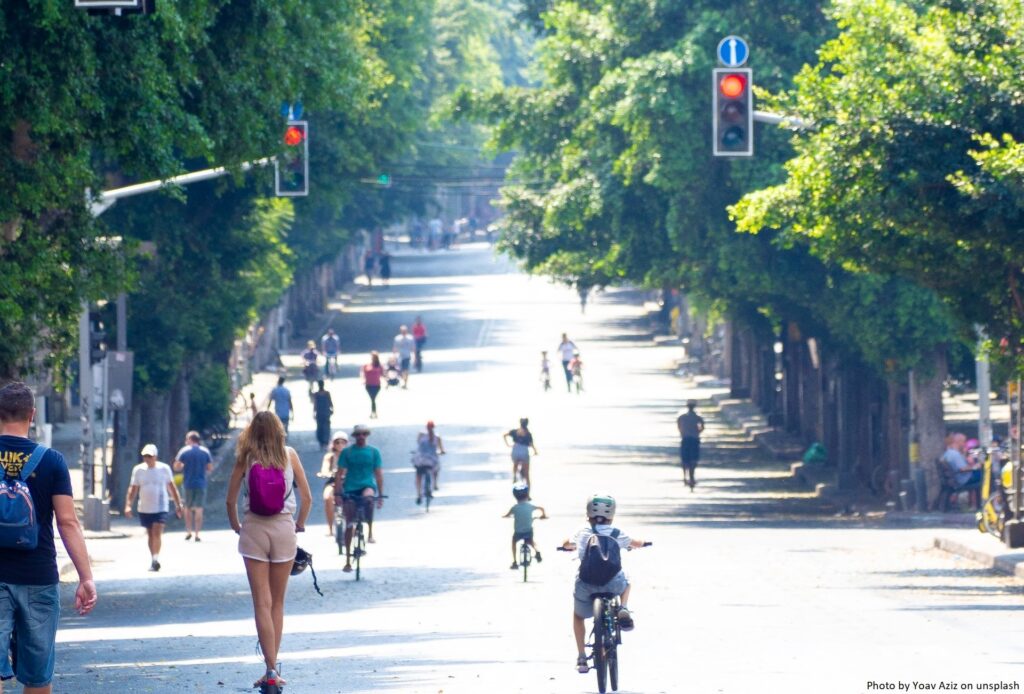Researchers present evidence and suggestions on reducing car dependency in Northern Ireland
A research team from Queen’s University Belfast investigated the effects of sustainable mobility measures on a modal shift to sustainable modes in Northern Ireland. The motivation for their work was the car-centric mobility reality in Northern Ireland, where more than 80% of journeys are done by car, nd the capital Belfast ranking amongst the most congested cities in the United Kingdom.
The research report found that policies and measures that foster sustainable mobility deliver the desired impact. It references the Regional Transport Strategy, Belfast’s traffic masterplan “Belfast on the move”, Belfast’s Bus Rapid Transit system “Glider”, the regional public transport “Ulsterbus Urby”, and Belfast’s bike sharing service as positive examples. The results are visible in the increased passenger numbers of public transport operator translink, rising by 5.8 million passengers between 2016-2019, as well as in the reduction of car journeys by 4.8 million since 2016.
Professor Brendan Murtagh, Professor of Urban Planning at the Queen’s University Belfast, commented the research results: “We need to fund public transport in a fair and equitable way so that it gets the same support as other places in Britain and Ireland. The evidence shows that investment in public transport creates wealth, strengthens the economy, and builds social inclusion.”
The researchers also cooperated with the community development charity “Involve NI” to run a citizen’s jury on how to reduce car dependency in Belfast. The jury recommends a properly resourced public transport network, a cycling network with dedicated cycling lanes, support to accessible city-centre housing and public awareness work on the importance of reducing car usage.
The research was based on a broad multi-disciplinary approach involving experts in public health, systems science, urban planning, urban policy, economics, climate change and social psychology. It got support from external partners including Northern Ireland’s Department of Finance Innovation Lab, Department of Health and Department of Infrastructure, as well as Belfast Healthy Cities, Belfast City Council, Translink, Public Health Agency and Sustrans.

